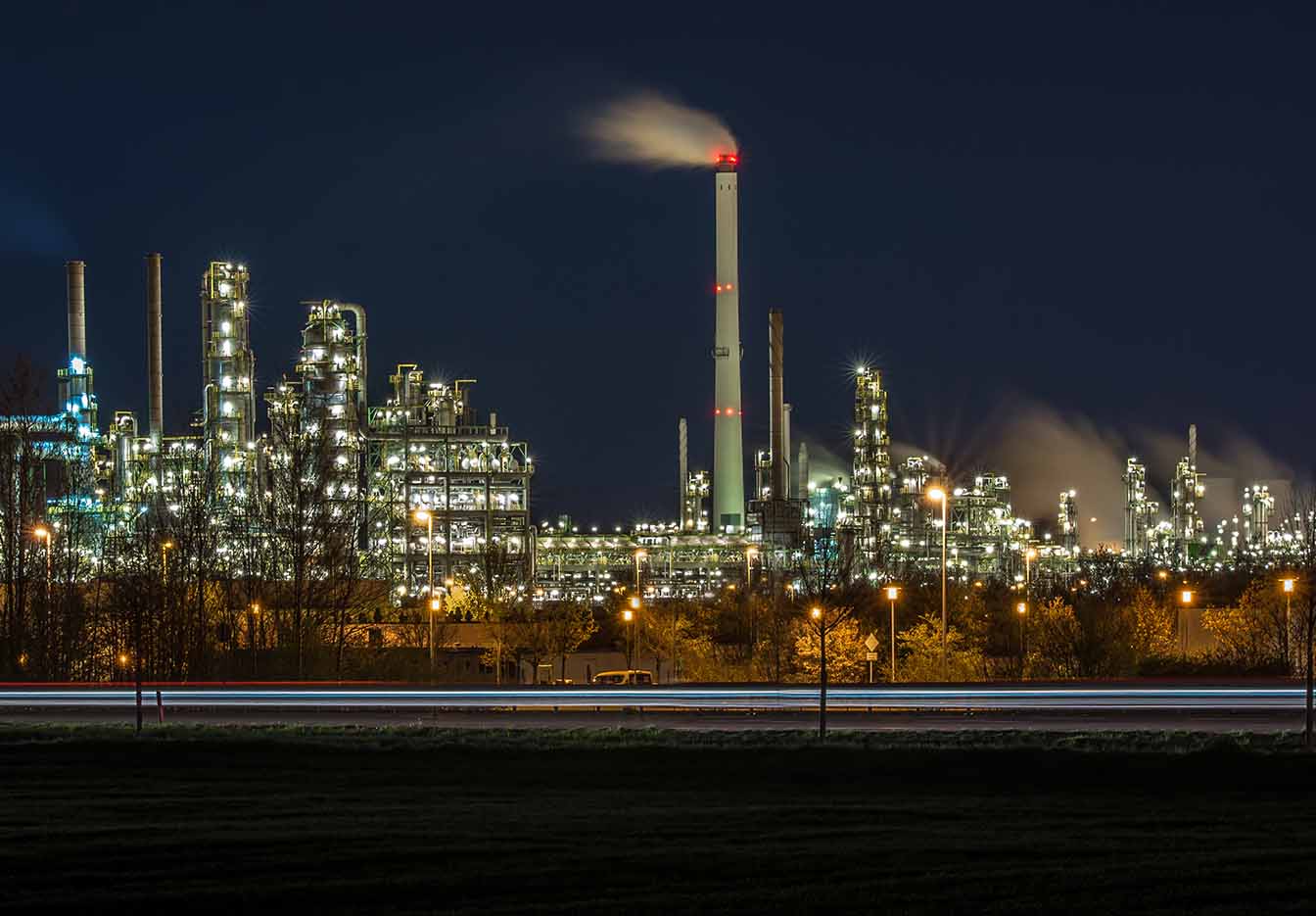Industries all over Europe are very concerned about the tight supply situation on the gas market, which has become even more acute since the start of the Russian war of aggression. The past few months have clearly shown that the transition away from fossil fuels is not only unavoidable for reasons of climate protection. Independence from Russian gas is also urgently needed to guarantee a more secure and reliable energy supply in the long term. Recently, the insolvency application of the German hygiene paper manufacturer Hakle has shown how dramatic the situation is, especially in the energy-intensive sectors. Despite unbroken demand, the exploding gas prices in combination with rising raw material prices can quickly threaten the existence of companies.
But what alternative to gas do companies have? After all, industry in particular still covers most of its thermal energy needs with fossil gas. The challenge currently facing companies is to reduce their dependence on fossil fuels – and at the same time to secure production processes. A project that will hardly be feasible without an increase in energy efficiency, the recovery of excess process heat and the electrification of industrial processes. New technologies such as thermal energy storage systems play a decisive role on this path.
Gas consumption in industry: This is how much German companies consume
Figures show how great the dependence of companies in Germany is: in 2021, for example, around 95 percent of natural gas in Germany was imported.1 With a share of 31.2 percent of total consumption in 2020, fossil fuel was by far the most important energy source for German industry.1 Energy-intensive sectors in particular, such as the chemical industry, in which gas also plays an important role as a raw material, as well as the metal, paper and food industries, are dependent on a reliable gas supply. A serious decline here would not only result in a considerable curtailment of production or even production stops – for some companies this could also mean irreparable damage to production facilities.
Impact of the gas levy on industry
The current price increases are hitting German industry even harder. As early as autumn 2021, the renewed increase in demand after the lockdowns caused high prices on the gas market. Since the start of the war in Ukraine, the situation has become even more serious: The shortage of gas supplies from Russia and the uncertain situation on the energy markets have driven gas prices to unprecedented heights. In May 2022, imported natural gas was 235.6 percent more expensive than in the same month last year. A development that is putting German businesses under increasing pressure. According to a DIHK survey, around 16 percent of the companies surveyed see themselves forced by rising energy costs to restrict or even completely shut down their production in Germany – in energy-intensive companies these figures are even twice as high.2
Added to this in Germany is the gas levy decided by the federal government: from October, both private and industrial consumers will pay 2.419 cents more for each kilowatt hour of gas. Especially in the energy-intensive sectors, this will add millions to the costs of some companies. In the steel industry, for example, according to the Wirtschaftsvereinigung Stahl (German Steel Industry Association), the annual additional costs due to the levy amount to around 500 million euros.3
Thermal energy storage as a way for industry to become independent of Russian gas
Figures clearly show that in order to remain competitive in the long term and to secure production, the industry must drastically reduce its gas consumption. Experts agree: on the way to independence from Russian gas, there is no way around thermal storage technologies.
Alternative to gas? Electrification via thermal energy storage
After all, about two-thirds of industrial energy consumption is needed to produce process heat.4 Thermal storage systems offer considerable savings potential here: for example, recovering excess heat and storing it for later use can significantly reduce gas consumption. And this is worthwhile: after all, around 200 TWh of industrial waste heat goes unused in Germany every year.4
Switching to electricity-based heat generation is also an important step for companies to reduce their own gas consumption. With the help of thermal storage, the energy – in the best case regeneratively generated – can be stored as heat and made available for production processes when needed.
Independence from Russian gas: These are the advantages of thermal energy storage for industry
Reducing costs
In order to continue to produce competitively in Germany, companies must be able to rely on stable prices for the energy supply. With the help of thermal energy storage, they free themselves from the dependence on volatile prices for fossil energies – and at the same time reduce the costs for production.
Short-term availability
The technologies for thermal energy storage are ready for the market, tested and available. Companies can integrate them into their production processes in the short term – and thus already reduce their gas consumption by autumn 2023 or even completely phase out the gas supply.
Decarbonisation of production
Thermal energy storage allows companies to phase out fossil energy supply and electrify processes while increasing energy efficiency. This is a decisive factor, not least with regard to the increasingly relevant ESG goals of companies.
Security of supply
By using thermal energy storage systems, companies can ensure the stability of their production processes, as stored energy can be accessed at any time even in the event of fluctuations in the energy supply.
Limit energy market exposure
Thermal energy storage makes it easier for companies to switch to renewable energies for production – and thus make them independent of gas imports from abroad.
Independence from Russian gas: Conclusion
One thing is certain: In view of the current price situation and the increasing uncertainties in the gas supply, German industry must rethink in order to reduce its dependence on gas. Companies in the energy-intensive sectors in particular must quickly find an alternative to heat generation with gas. Thermal storage is both an economical and sustainable solution that can also be integrated at short notice and is scalable for the future.
Are you interested in ENERGYNEST, or have any questions regarding our thermal energy storage solutions or our applications for your specific industry?
Don’t hesitate to drop us a line.



